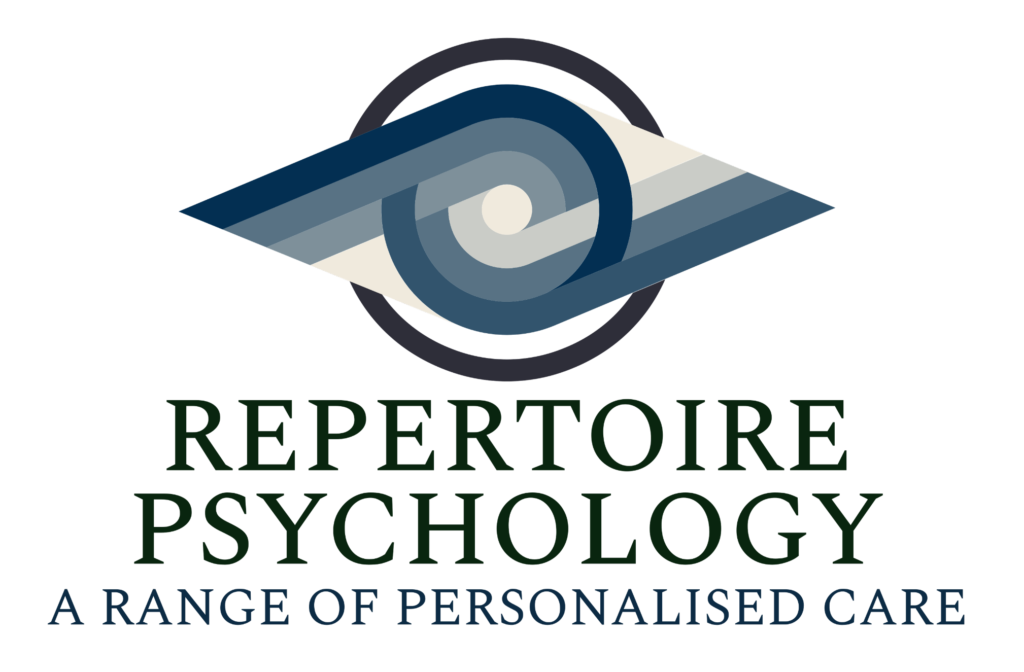services
Treatments
At Repertoire Psychology, we are dedicated to employing evidence-based frameworks, taking a holistic approach to mental health, and personalising psychological care according to our clients’ age, goals and needs. We specialise in providing interventions for the following presentations:
GET IN TOUCHDepression
Anxiety-Related Disorders
ADHD
ASD (Autism Spectrum Disorder)
OCD (Obsessive-Compulsive Disorder)
PTSD (Post-Traumatic Stress Disorder)
Developmental Delays and Learning Difficulties



